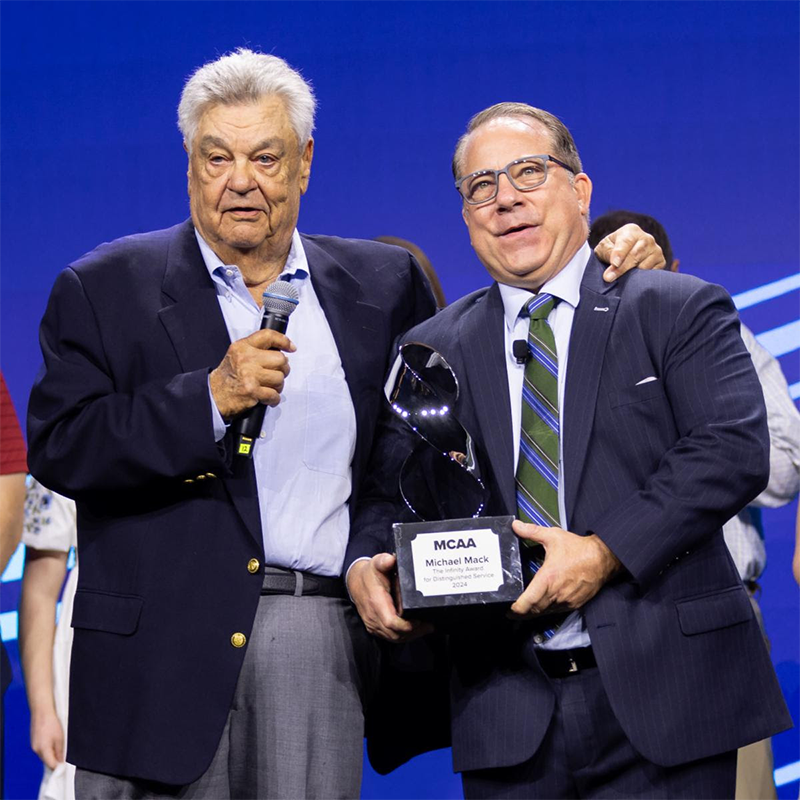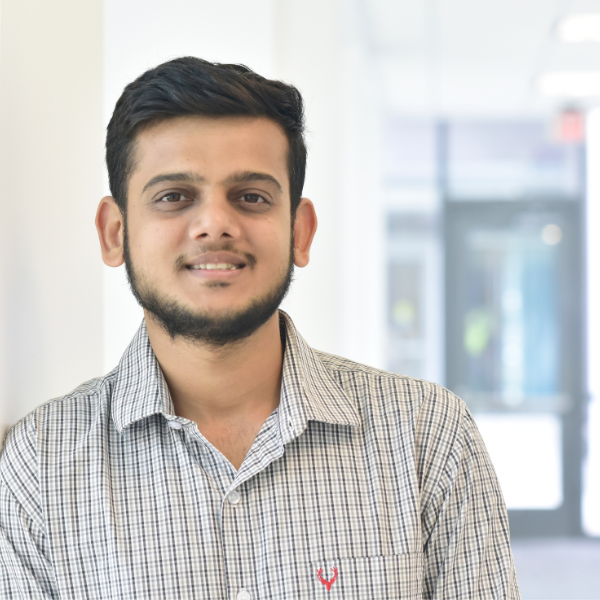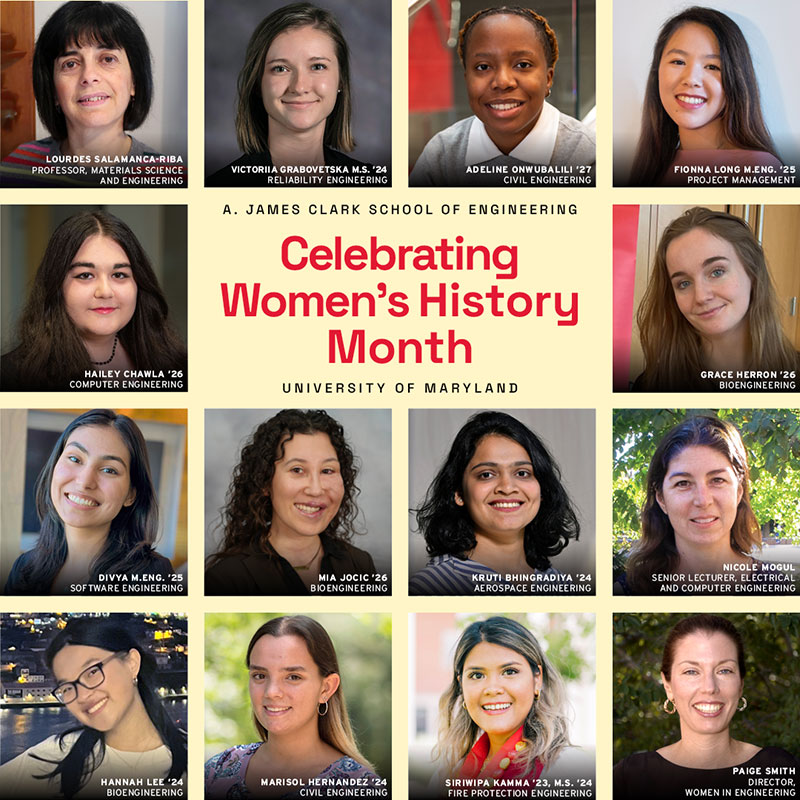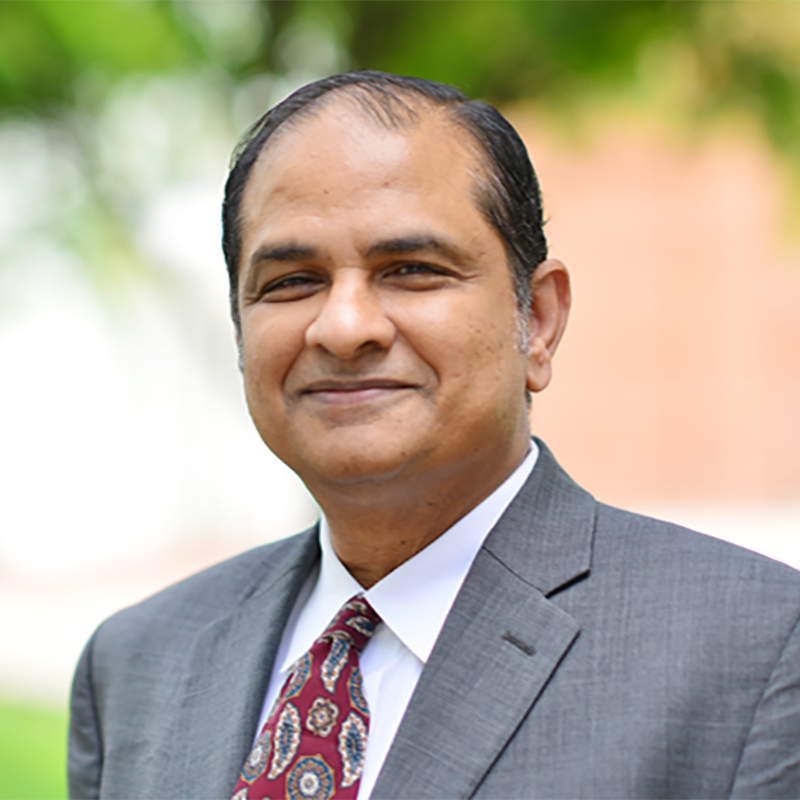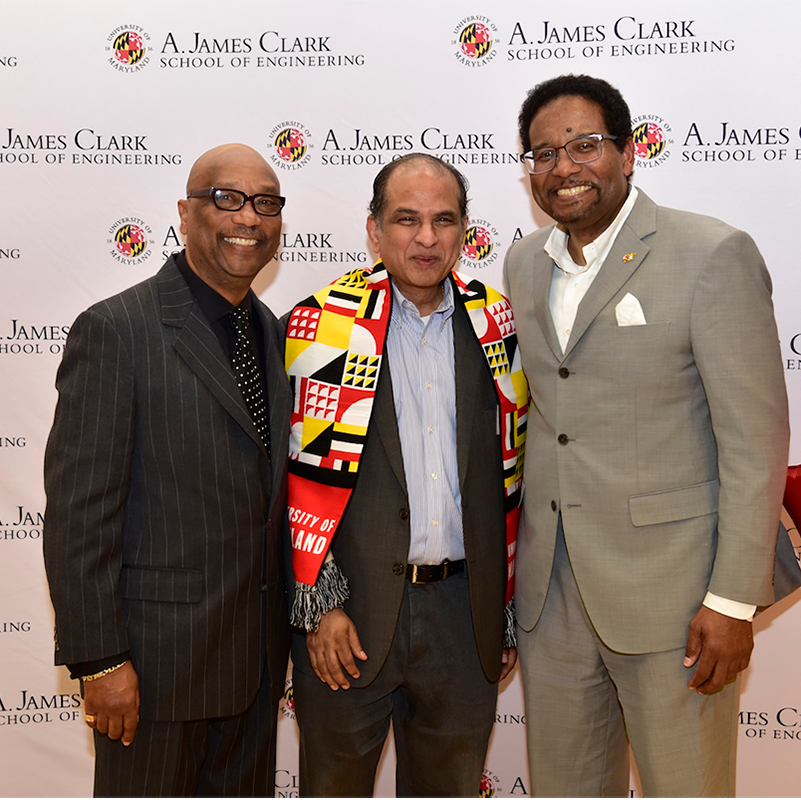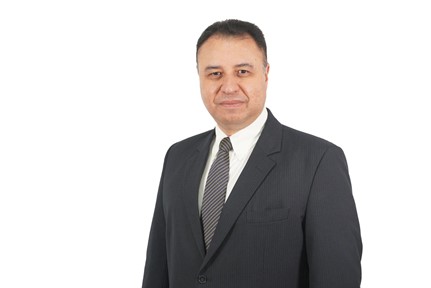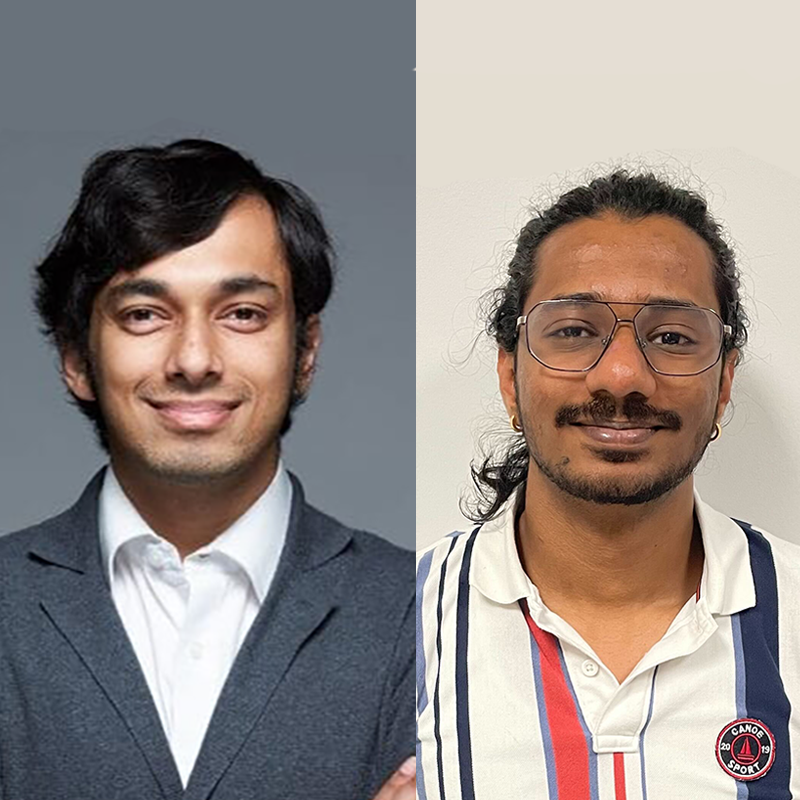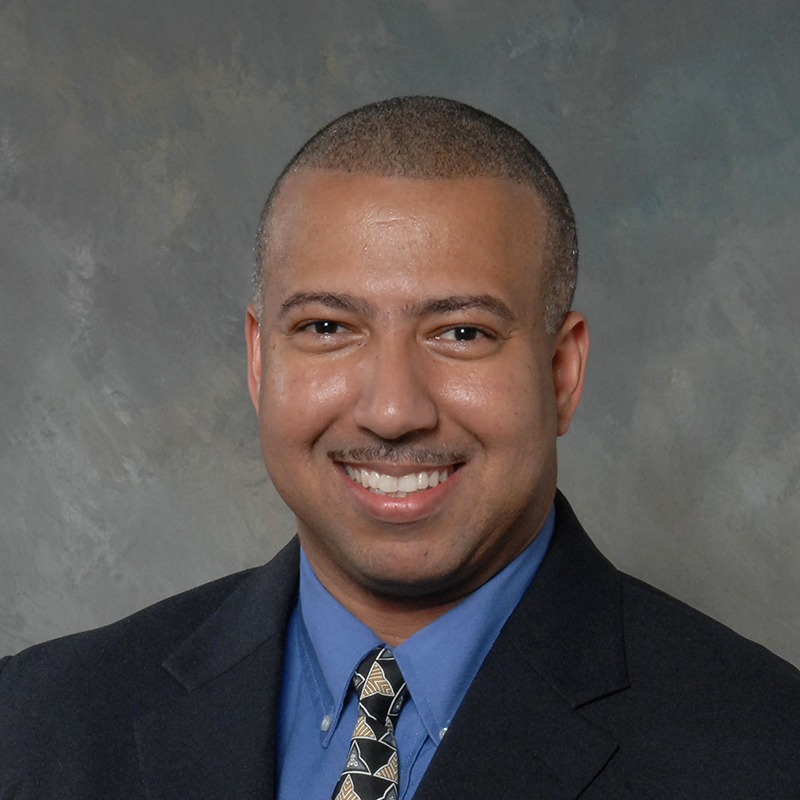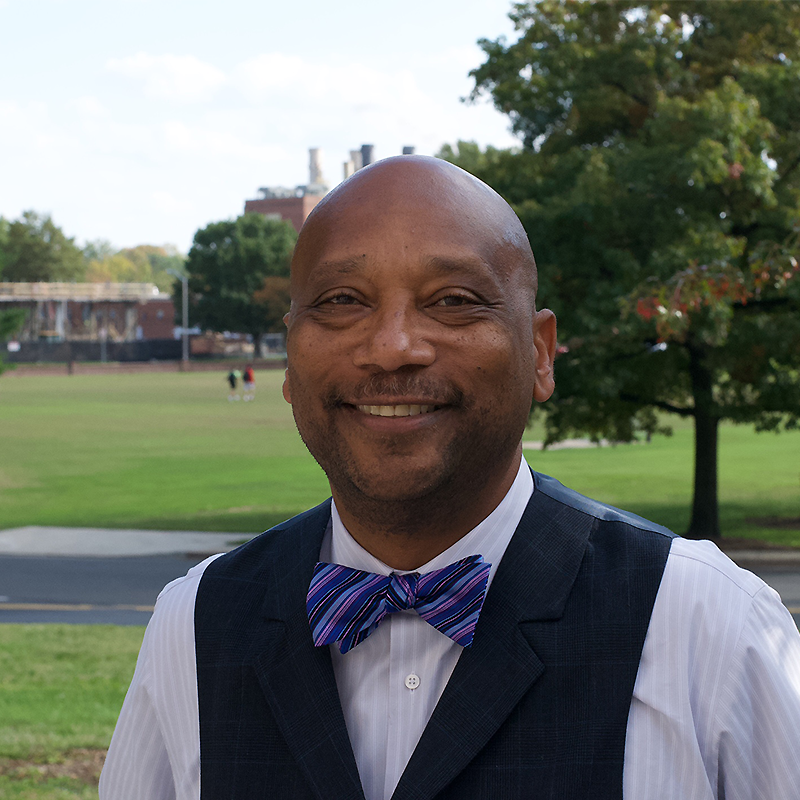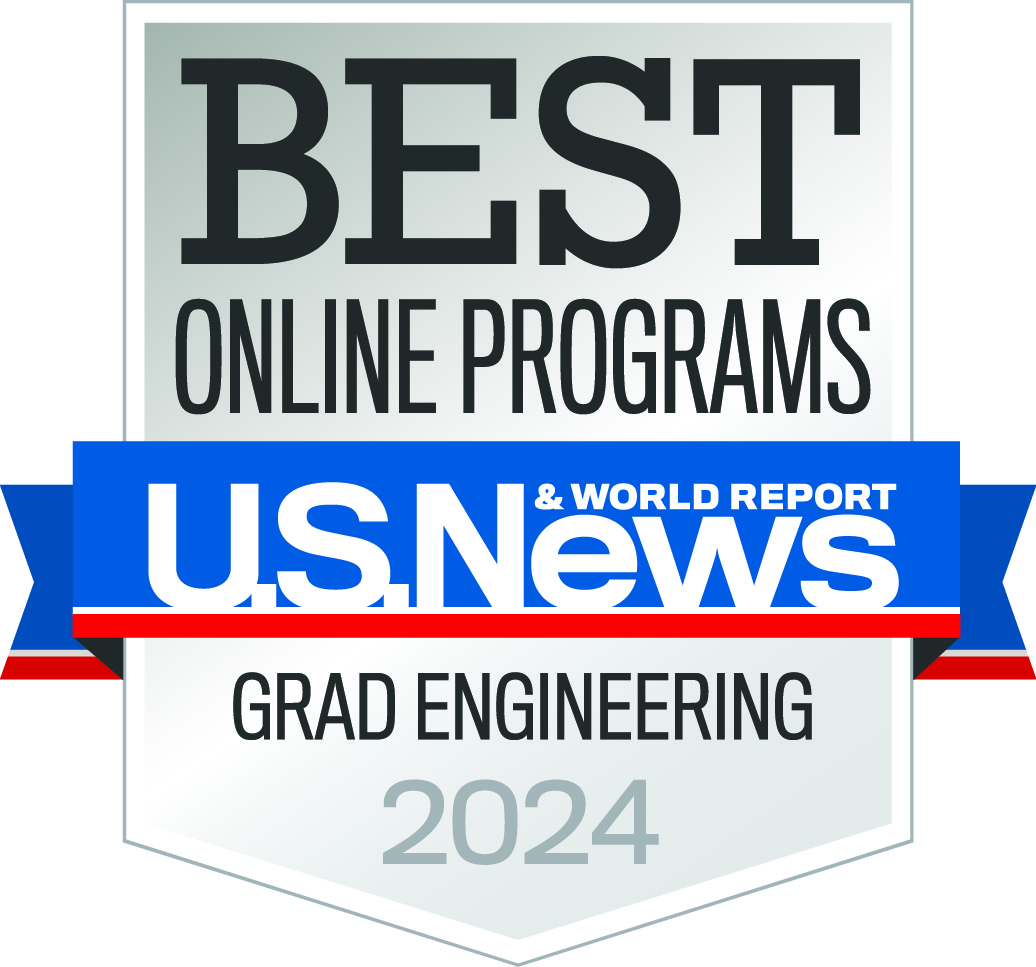News Story
NSF Grants $400,000 to Support BESTEAMS
The National Science Foundation has granted to the University of Maryland $400,000 over three years to support the BESTEAMS program. The research team, led by Mechanical Engineering Associate Professor Linda Schmidt (PI), and consisting of Associate Professor David Bigio (co-PI), Clark School Director of Student Research Janet Schmidt (co-PI), and Counseling and Personnel Services Professor Robert W. Lent (co-PI), is part of a multi-university pilot project to develop an integrated and longitudinal (i.e. involving students across their entire engineering education experience) engineering curriculum model to improve learning in project team environments.
BESTEAMS — Building Engineering Student Team Effectiveness and Management Systems — is a partnership between the engineering programs of the University of Maryland and the U.S. Naval Academy, Howard University, and Morgan State University. It was created in 1997 to address industry's need for engineers trained in team-based product design and development in order to increase productivity, time-to-market, and profitability.
A primary goal of the BESTEAMS effort is to design supportive faculty tools/aids (called modules) of team training skills that can be flexibly integrated into virtually any existing engineering program. A second major outcome of these efforts will be extensive faculty training via workshops and summer retreats in the adaption of the materials for use in their own classes.
The BESTEAMS team-based concept has been used in ENES 100 – Introduction to Engineering Design – for the past several semesters, with promising results. With prior research on college-level classes indicating that poor interpersonal skills negatively influence team dynamics, the BESTEAMS program offers a training curriculum that is designed to improve these skills, helping all students become well-rounded and develop skills in professionalism. This, in turn, should positively impact the environment for women and minorities in higher education — an issue of even more serious concern in engineering, science, and mathematics, where the number of such individuals is shockingly low.
The research team expects that one outcome of their project will be the positive intervention in the retention of these groups in engineering. The research team also plans to publish an engineering education textbook and present at national conferences to help disseminate their procedures, materials, and findings. In addition, the team hopes to be able to add to the literature base of engineering education by investigating how Social Cognitive Career Theory (SCCT), authored by team member Robert Lent, can help explain aspects of individual and team behavior.
In addition to the funds from the NSF, the A. James Clark School of Engineering and the Department of Mechanical Engineering have dedicated funds of $75,000 and $15,000, respectively, to this project.
Published August 1, 2001
